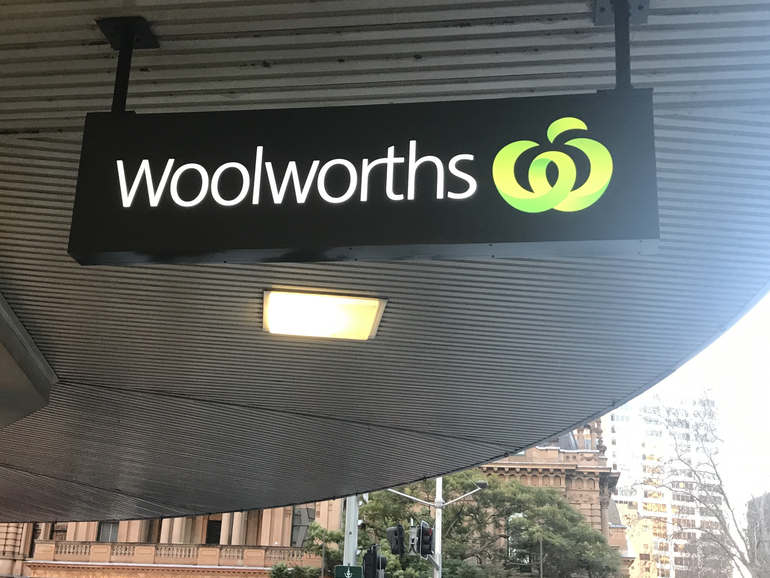Supermarket giant Woolworths has announced it spent AU$223 million to increase its shareholding in data science and analytics firm Quantium.
Under the deal, Woolworths has increased its stake from 47% to 75%, while Quantium founders and team members retain 25%.
Woolworths initially purchased a 50% share of Quantium in 2013 for approximately AU$20 million.
Woolworths also announced, once the deal is finalised, it will establish a new business unit, dubbed Q-Retail, which it touted will focus on delivering the group’s advanced analytics plan and commercially retail products globally. It will be up headed by Woolworths Group’s existing chief analytics officer Amitabh Mall as managing director.
Quantium will continue to be run by the existing management team, including co-founder and CEO Adam Driussi. Independent non-executive director Peter Tonagh will continue on the Quantium board, while Woolworths Group CEO Brad Banducci will assume the chairman role.
“Advanced analytics is key to improving the experiences, ranges and services we provide to our customers and the support we provide to our teams and suppliers. The way we gather data, interpret it, and protect it, is becoming ever more important,” Banducci said.
“Through this transaction, we aspire to bring together Quantium’s advanced analytics capability and Woolworths group’s retail capabilities to unlock value across our entire retail ecosystem.”
Earlier this year, the company announced it would plough AU$50 million over the next three years to train more than 60,000 staff in new tech-related skills including in digital, data analytics, machine learning, and robotics.
Group online sales continued to skyrocket for the business during the half year to 31 December 2020. The supermarket giant reported group ecommerce sales reached nearly AU$3 billion, after seeing a 78% uplift on the AU$1.65 billion reported last year. Online sales penetration for the half grew 8.2%.
The digital arm of the company’s Australian food business, WooliesX, online sales reported a significant jump of 92% to AU$1.8 billion in the half. This represented 7.7% of its Australian food business sales that came in at AU$23.5 billion for the period.



